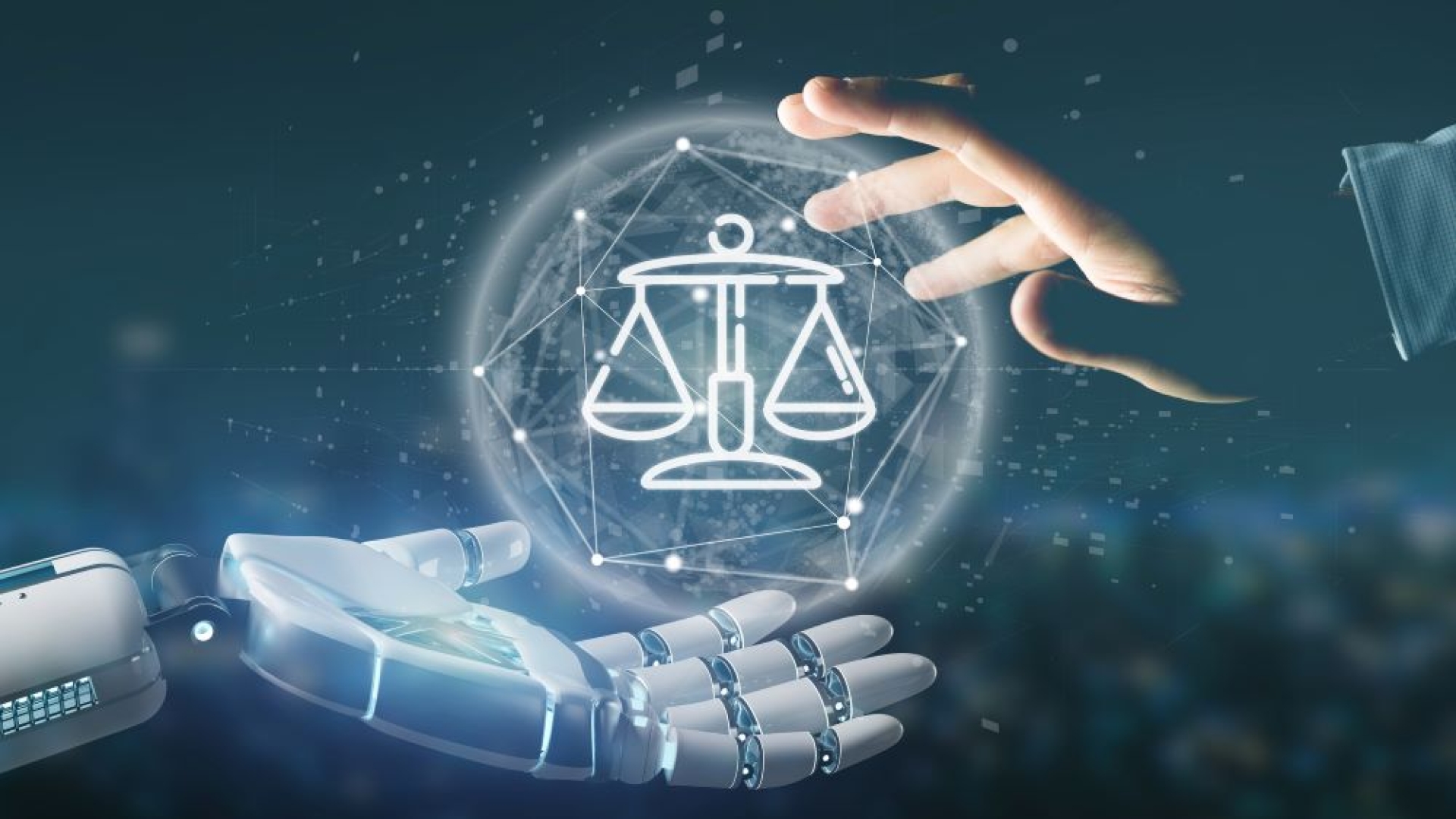The Church Is Deepening Its Reflection on AI in 2024

Between episcopal warnings and awareness sessions organized by the Holy See, vigilance with regard to artificial intelligence (AI) and the risks associated with it is one of the concerns of the Church for 2024.
The wishes of the Archbishop of Fiji were somewhat unexpected. The prelate called on his flock to become aware of the challenges posed by AI. “If we continue to be passive users of AI, we risk losing this creativity that God inscribed in us, and that would be a great shame for humanity,” warned Archbishop Peter Loy Chong, who firmly recommends that families “establish rules in the home” at the start of 2024.
This request relays the call of the Holy See in December 2023, in favor of an international treaty guaranteeing the ethical development and use of the algorithm-- an urgent plea when we remember the last upheavals which shook the very closed world of AI.
One of the principal actors, Sam Altman--the designer of ChatGPT, launched in 2023--was confirmed in his position after a power struggle which put him in opposition with those among his associates who wished to regulate the algorithm according to ethical criteria. But it was profitability that prevailed.
On the question of AI, the Church intends to give voice to international bodies, especially thanks to the expertise of Fr. Paolo Benanti, a Franciscan member of the United Nations’ Advisory Body on AI. He is a professor of bioethics and technology ethics.
Criteria for Ethical AI
In an interview published on January 3, 2024, by Vatican Insider--one of the Vatican’s unofficial information channels--Paolo Benanti mentions a certain number of criteria which should be included in an “ethical algorithm.” According to him, AI must give man the possibility of defining his priorities and not allow them to be dictated by what remains a machine: “the human project must come first and not the other way around,” explains the Franciscan.
This involves vigilant surveillance: “faced with a tireless machine with inexhaustible resources, with extraordinary speed, we must have a very particular vigilance.” Such is the assessment of the theologian who is delighted that the Church is tackling the problem head-on.
Unlike the human being who structures himself from his first years of existence according to his interactions with his surrounding environment, the algorithm is not open to progress of this kind, because it was made from scratch. Also, in order to avoid the dangers of this closed universe, we should “imprint three principal values on the AI,” emphasizes Fr. Benanti.
“ChatGPT always gives a response as if they were certain. At present, if there were a ‘wisdom’ that man would benefit from acquiring, it is not so much to be capable of responding at any time and to anything, but to ask himself if his answer is yes or non, valid, certain. If we could give the machine the ability question its responses, we would have taken a step toward a greater ‘respect’ for human nature,” the Franciscan believes.
A second value that the Holy See expert would like to see inscribed in the algorithm somehow is that of benevolence: “that is to say, a thing not being determined solely by one kind of events--negative--recorded in a ‘history.’”
Finally, “the dimenion of equity is crucial,” and if we do not incorporate this data into AI, the AI “will feed the vision of a world broken up into social classes” or communities.
It is difficult to imagine that the AI market is paying attention to the Church’s warnings, given the economic and strategic interests at stake. “In practice,” concludes Fr. Benanti, “the risk for man in the future is to turn his eyes toward the Cloud where AI is stored rather than toward Heaven, and to make of the algorithm the divinity of tomorrow.”
(Source : Vatican Insider – FSSPX.Actualités)
Illustration : Photo 140704216 | Intelligence © ProductionPerig | Dreamstime.com





